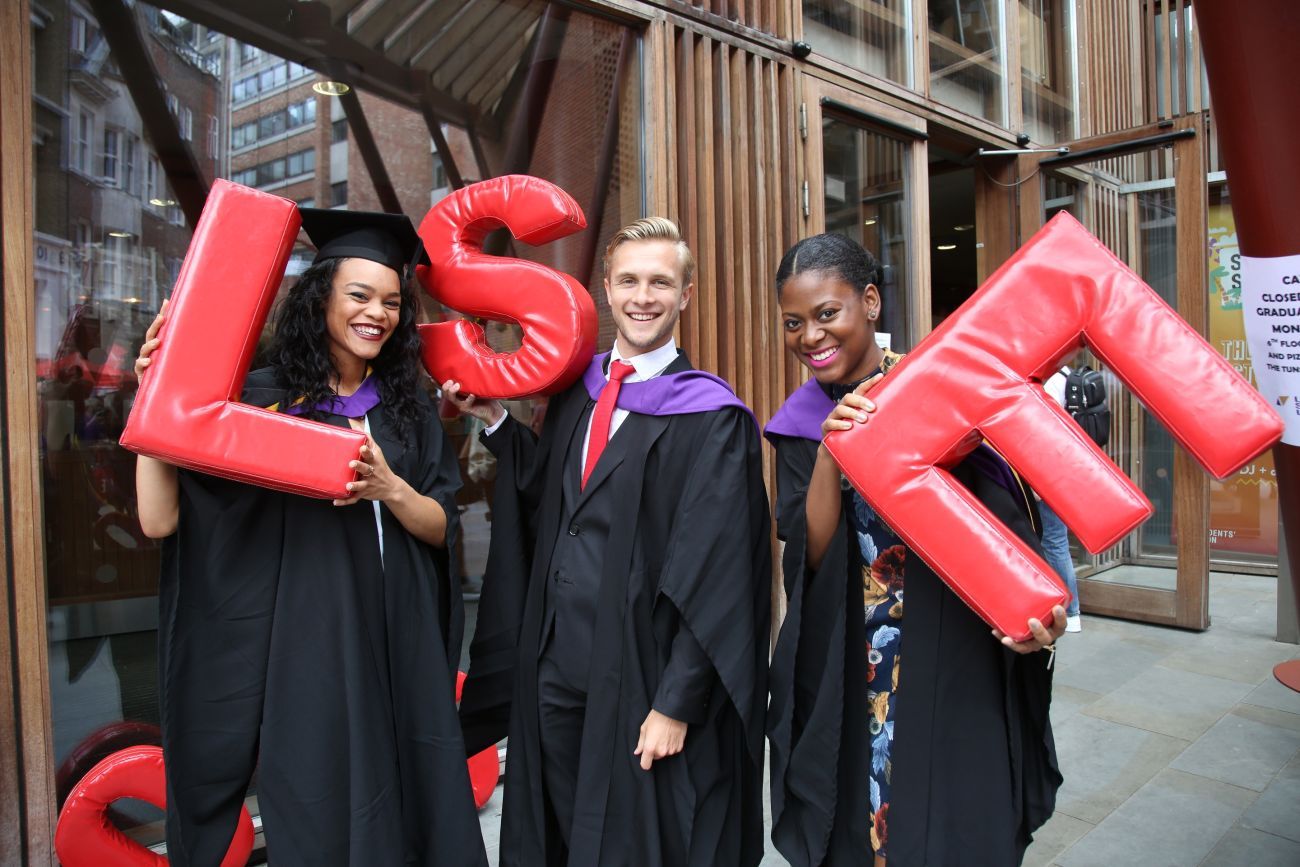The London School of Economics and Political Science (LSE) is one of the most prestigious and internationally recognized universities in the world. Located in the heart of London, LSE has carved out a global reputation for its expertise in social sciences, economics, politics, law, and business. Established in 1895, LSE is not just a place for academic learning; it’s a vibrant community where ideas are exchanged, policies are debated, and tomorrow’s global leaders are shaped. This blog post delves into what makes LSE unique, its legacy, academic offerings, and why it remains one of the most sought-after universities for students worldwide.
A Rich History of Intellectual Excellence
LSE’s history is closely intertwined with the development of social sciences as a discipline. Founded by visionary individuals such as Sidney and Beatrice Webb, LSE’s mission was to create an institution where rigorous academic research in economics and social sciences could thrive. Over the years, the school has maintained its reputation as a pioneering institution that is not afraid to challenge conventional ideas and explore bold new ones.
The early 20th century saw LSE become a center for radical political thought, with influential figures such as George Bernard Shaw, John Maynard Keynes, and Harold Laski teaching or being involved with the institution. This tradition of intellectual rigor and progressive thought continues today, making LSE a magnet for students and scholars who wish to address real-world challenges with innovative solutions.
LSE’s Global Impact and Academic Reputation
LSE’s global standing is undeniable. It is consistently ranked among the top universities in the world, especially for subjects like economics, political science, sociology, and law. The school’s dedication to providing world-class education has made it a leading institution for students interested in understanding and solving complex global issues.
One of LSE’s most impressive achievements is its consistently high position in global university rankings. For many years, LSE has held the top spot for economics worldwide, according to rankings like QS World University Rankings and The Times Higher Education rankings. With a faculty comprising experts in their respective fields, many of whom are renowned globally for their research, LSE provides students with the best possible academic experience.
An Interdisciplinary Approach to Learning
LSE’s commitment to interdisciplinary learning makes it an exciting place for students with diverse academic interests. The university fosters a collaborative approach to education, encouraging students to engage across disciplines. Economics students, for example, are frequently exposed to political theory, sociology, and international relations, which allows them to view global issues from a more comprehensive perspective. This holistic approach ensures that graduates from LSE are well-rounded individuals equipped with a wide range of skills applicable across various sectors.
Moreover, LSE emphasizes critical thinking and practical application. Students are encouraged to think independently, question established norms, and explore new ways of addressing complex problems. The curriculum is designed to challenge students intellectually while offering the flexibility to pursue personal academic interests. Whether in their undergraduate or postgraduate studies, LSE students are constantly encouraged to think about the real-world implications of what they learn, preparing them for careers in policy, economics, business, and beyond.
A Diverse and International Community
LSE is a truly international institution. It attracts students from all corners of the globe, making it one of the most culturally diverse universities in the world. Over 70% of LSE’s students come from outside the UK, creating a dynamic and multicultural environment that encourages global perspectives on education.
This diverse community is not limited to students. LSE’s faculty members are experts and thought leaders from various countries, representing different cultures, backgrounds, and academic traditions. The opportunity to engage with this diverse faculty, alongside peers from across the globe, creates a rich and intellectually stimulating environment for all who study at LSE.
